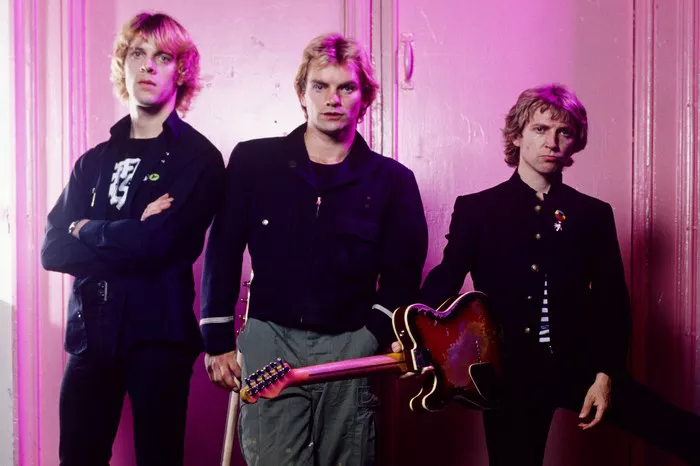In the ever-evolving landscape of music, genres shift, blend, and redefine themselves. Among the myriad of genres that have undergone a transformation, hip-hop has emerged as a powerful contender for the throne of pop music. But is hip-hop truly the new face of pop, and what factors contribute to its crossover phenomenon? Let’s delve into this musical transformation and explore the intricate relationship between hip-hop and pop.
The Evolution of Pop Music: A Shifting Landscape
If pop music is defined as a “non-stop evolving genre that consists of whatever music is currently popular,” then the spotlight inevitably falls on hip-hop and rap. Over the decades, pop music has demonstrated an inherent ability to evolve, absorbing diverse influences and reflecting the cultural zeitgeist. In the 1960s, pop and Rock & Roll were synonymous, paving the way for a new era of musical expression. Fast-forward to the present, and it’s hip-hop that stands as the torchbearer of pop culture.
Hip-Hop’s Ascent to Pop Stardom
The rise of hip-hop from its humble beginnings in the Bronx to global domination is nothing short of remarkable. Once an underground movement, hip-hop quickly gained traction due to its compelling narratives, rhythmic cadence, and unfiltered social commentary. As its popularity surged, it transcended boundaries and resonated with audiences from diverse backgrounds. The genre’s infectious beats, accompanied by clever lyricism, struck a chord with the masses, propelling it into the mainstream.
Breaking Down the Boundaries
One of hip-hop’s defining characteristics is its ability to break down barriers and infiltrate various musical realms. It’s no longer confined to a specific demographic or cultural group. Collaborations between hip-hop artists and musicians from different genres have become commonplace, blurring the lines between styles. This fusion not only showcases the versatility of hip-hop but also amplifies its reach. Whether it’s hip-hop infused with pop, rock, EDM, or even classical elements, the genre’s malleability is a testament to its universal appeal.
Hip-Hop: The Voice of a Generation
At its core, hip-hop has always been a vehicle for self-expression, voicing the experiences and perspectives of marginalized communities. This authenticity has resonated with listeners seeking music that reflects their lives and challenges societal norms. As hip-hop artists address issues like social injustice, inequality, and personal struggles, they establish a deeper connection with their audience. This emotional resonance adds another layer to hip-hop’s pop appeal, making it more than just catchy tunes—it’s a reflection of lived realities.
FAQs: Unraveling the Hip-Hop and Pop Connection
Q1: Is hip-hop the dominant genre in pop music today?
A1: While hip-hop has undeniably claimed a significant share of the pop music landscape, it’s important to note that pop music is still a diverse genre that encompasses various styles. While hip-hop has risen to prominence, other genres like pop-rock, electronic dance music (EDM), and even R&B continue to thrive within the pop realm.
Q2: Does hip-hop’s crossover into pop dilute its authenticity?
A2: The notion of authenticity is complex and subjective. Hip-hop’s expansion into pop doesn’t necessarily dilute its authenticity; rather, it reflects the genre’s ability to evolve and adapt to changing musical landscapes. Hip-hop artists maintain their unique voices while collaborating across genres, offering fresh perspectives and fostering creative growth.
Q3: Are there concerns about commercialization impacting hip-hop’s core message?
A3: The commercialization of any genre can raise concerns about artistic integrity. However, many hip-hop artists remain committed to preserving their messages and narratives even as they achieve commercial success. While some tracks may prioritize commercial viability, hip-hop as a whole continues to offer a platform for social commentary, storytelling, and personal expression.
In Conclusion: A Symbiotic Relationship
The question of whether hip-hop is pop music’s new frontrunner is met with both complexity and nuance. The relationship between the two genres is symbiotic, with hip-hop infusing new life into the pop landscape while pop music offers hip-hop a platform for widespread recognition. As musical boundaries continue to dissolve, artists from all backgrounds are embracing this dynamic fusion, enriching the global soundscape and paving the way for a new era of musical innovation.

